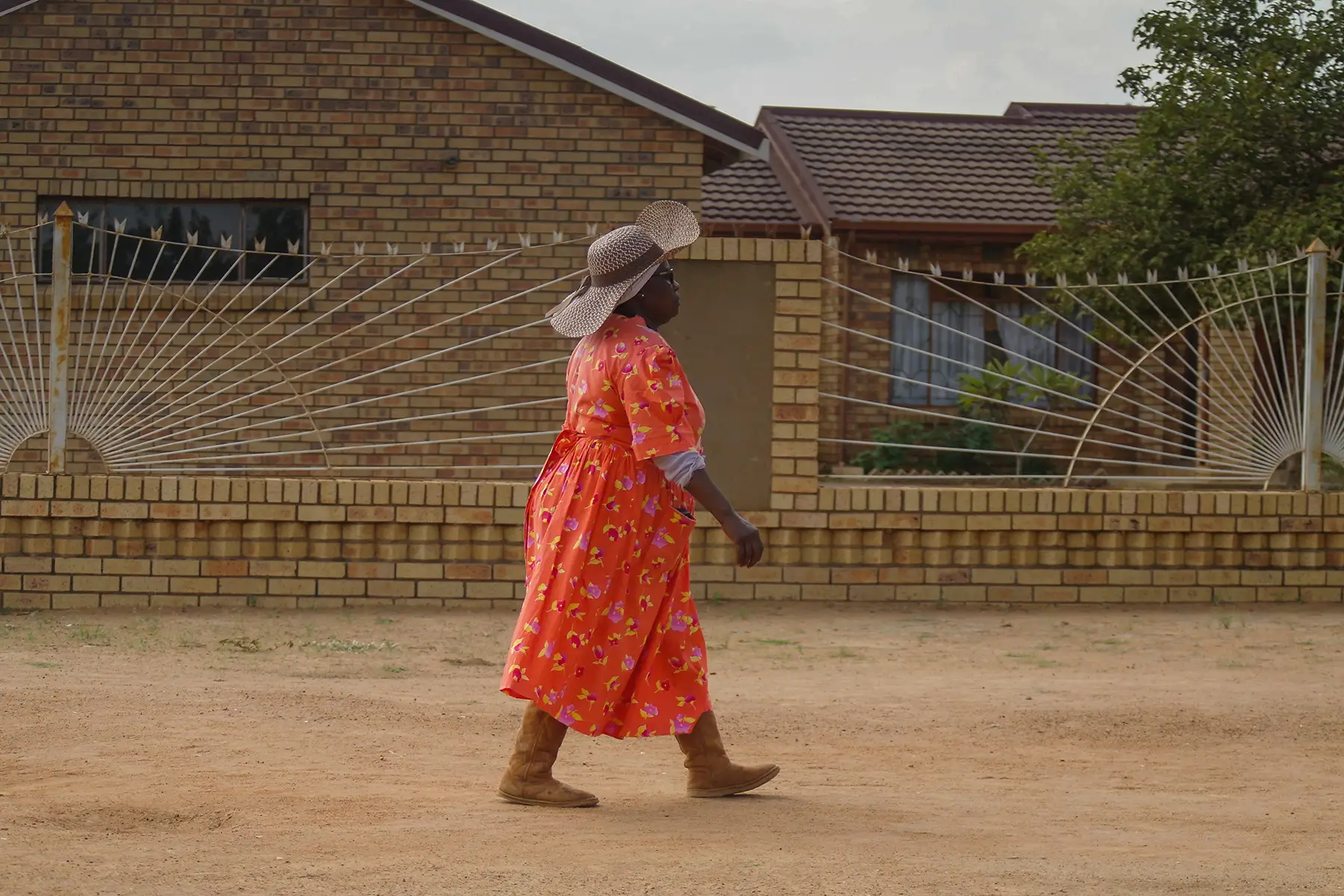If you relocate to South Africa and buy property or settle there long-term, it’s important to understand South African inheritance laws and tax. As a foreigner, it may be necessary to write a will in South Africa to protect your assets.
This guide explains applicable inheritance laws in South Africa, as well as the rates of inheritance tax that can apply. There are sections on the following topics:
South African inheritance law and succession rules
Inheritance law in South Africa applies to everyone who owns property in the country. Law of succession in South Africa consists of three parts:
- The Administration of Estates Act 1965, which regulates the disposal of deceased estates in South Africa
- The Wills Act South Africa 1953
- The Intestate Succession Act 1987, which applies in instances where the deceased did not leave a will
The law of succession in South Africa generally allows residents to dispose of their property with minimal restrictions if they draw up a will. However, if the surviving spouse was excluded in a will and they are unable to maintain themselves, they can make a claim on the deceased estate through the Maintenance of Surviving Spouses Act.

According to South African law, a spouse includes a person in a civil union with the deceased. Long-term partners can also be considered spouses if they meet certain conditions. If the deceased does not have a surviving spouse or dependents, the estate is divided among parents and/or siblings. If there are none, then the nearest blood relatives.
The South African Revenue Service (SARS) provides more information on the law of succession in South Africa.
Inheritance law on pensions in South Africa
A person receiving or set to receive a pension should indicate the beneficiaries of their retirement fund. Pension funds are not generally subject to estate duty.
It’s in your best interests to hire an expert to help you understand your options for pension funds in South Africa. This is because questions like whether you should receive the pension in the form of a lump sum, or an annuity, affect your tax concessions and rates. Therefore, you’ll want to be sure to make an educated decision.
What if there is no will?
When an individual dies without a will in South Africa, the estate is distributed according to the Intestate Succession Act. Intestate succession in South Africa allows for an estate to be divided between a surviving spouse and children. As a result, the surviving spouse receives at least R250,000 or a child’s share, whichever is greater.
If spouses marry in community of property (i.e., they were joint owners), half of the estate goes to the surviving spouse. The other half is distributed according to the laws of intestate succession in South Africa.
In the event that you don’t leave a will in South Africa and have no immediate relatives, the government divides your estate between your nearest blood relatives. If the deceased leaves behind no blood relatives and no will, the estate becomes the property of the South African government.
South African inheritance tax
Estate Duty
South African inheritance tax, or estate duty, applies to all estates with a value above a certain amount. In addition, estates of the deceased may be subject to capital gains tax and donations tax.
The first R3.5 million of the value of an estate is not subject to Estate Duty in South Africa. Beyond that, the tax rates are the following:
- R30,000,000 – 20%
- R30,000,001 and above – 25%
Capital gains tax
Capital gains tax is payable before the transfer of the estate to any beneficiary, so beneficiaries do not pay capital gains tax. A person who inherits an asset is not subject to capital gain tax at the time of inheritance. As a result, they’re only liable for a capital gain or loss after selling or disposing of the asset.
Donations tax
If the deceased donated property or assets during their lifetime, a donations tax of 20% applies for properties valued up to R30 million. However, the exemption threshold is much lower, at R100,000.
Paying inheritance tax in South Africa
According to the law of succession in South Africa, inheritance tax is payable within one year from the date of death, or 30 days from date of assessment if you complete the assessment within one year of the death date. If you don’t meet these deadlines, an interest rate of 6% on late payments may be charged.

Fortunately, the South African government has agreements to avoid double death duties with Botswana, Lesotho, Swaziland, the United Kingdom, the United States, and Zimbabwe.
Succession law for foreigners
Both residents and non-residents pay estate duty in South Africa at the same rate. The main difference is that residents pay estate duty on their worldwide assets, whereas non-residents only pay estate duty in South Africa on property and assets located in the country.
However, properties located outside of South Africa are exempt if they were acquired prior to residency or were inherited from or donated by someone who is not a South African resident.
There are no restrictions on buying property in South Africa for non-residents. Foreigners who acquire immovable property in South Africa, either through purchase or inheritance, need to register their ownership with the Registrar of Deeds where the property is located.
Foreigners should ensure that their title deeds are marked as non-resident so that they can repatriate the proceeds if they sell the property.
Reducing your inheritance tax in South Africa
Because the succession laws in South Africa are fairly straightforward, you’ll likely have to pay the required taxes if your estate value is within the taxable thresholds. If you have questions specific to your financial situation, though, you should seek professional help to walk you through your options.
Useful resources
- South African Revenue Service – the tax authority in South Africa








